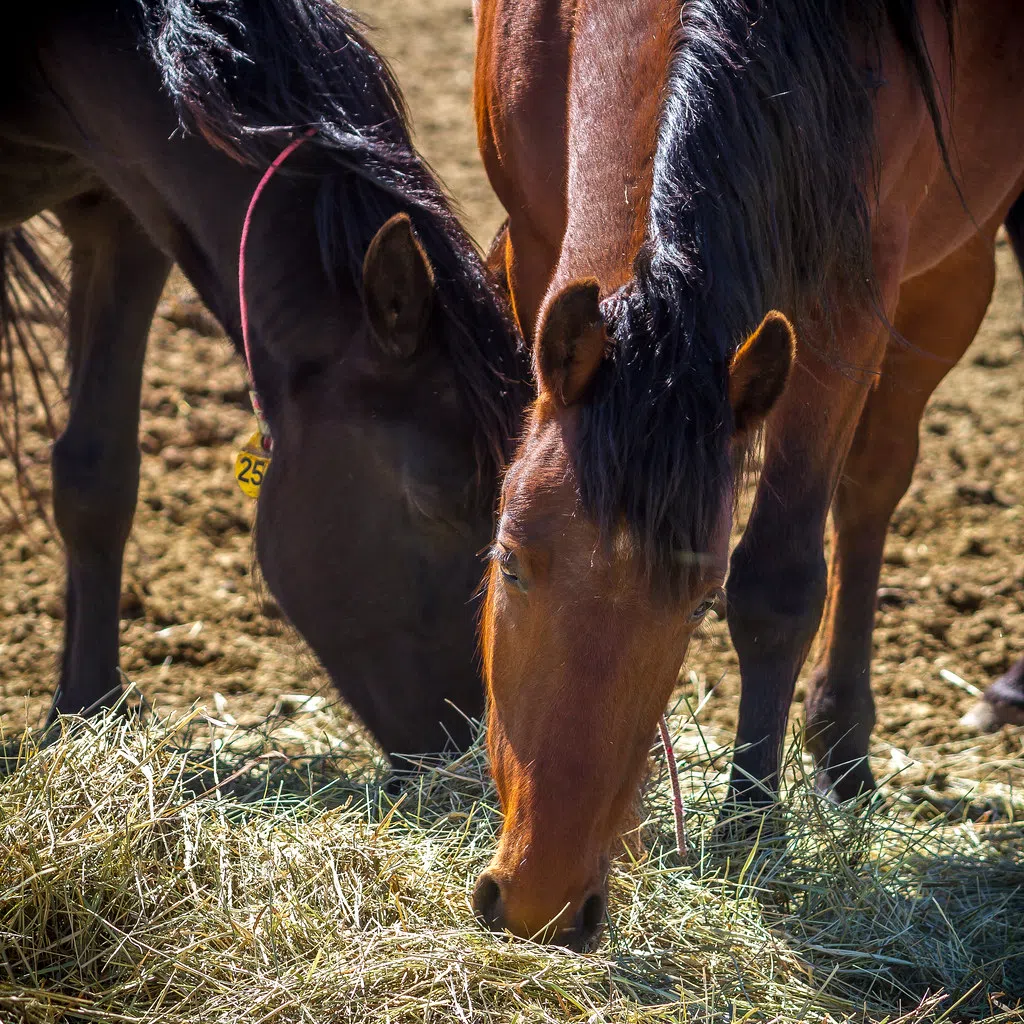Horse owners are being reminded to vaccinate their horses against West Nile Virus. Dr. Scott Leibsle explains that with this virus, horses are considered “terminal vectors.” This means that if one animal has the virus, they cannot spread it to another horse they’re in contact with.
“The concern that a lot of people may have, that is very different from other contagious equine diseases, like Equine Herpes Virus, which can be passed from horse to horse is once your horse gets West Nile Virus, you don’t need to establish a quarantine because the horse is not going to infect any other animals, Leibsle said. “So, your best protection against the West Nile Virus is to vaccinate your horse annually.”
He also brought up the fact that in a typical year, the virus is something you’d need to be worried about in the spring. But, with drought in a majority of the country, mosquitos haven’t gotten bad until the past month or so.
“People are sometime lulled into a false sense of security. In rainfall years that are down, you won’t see as many cases because there’s not as many mosquitos to spread the disease, but it’s important to keep your horse up to date with their vaccination and schedule your annual wellness visit with your veterinarian,” he said.
Unlike the COVID-19 vaccine, the West Nile vaccine has been available for about 20 years now. Leibsle adds that the vaccine is very safe and effective in protecting horses.





